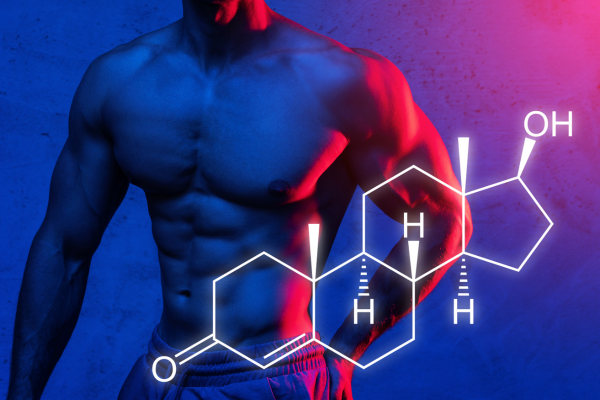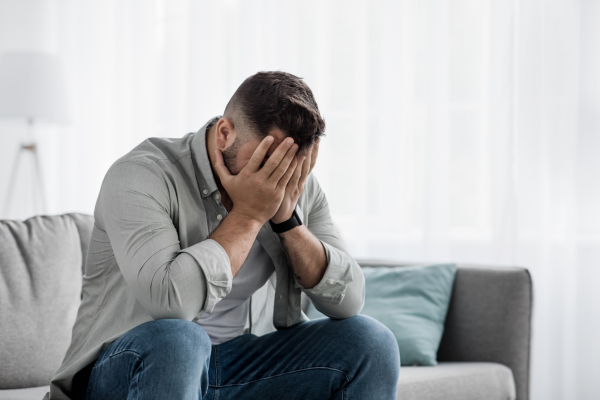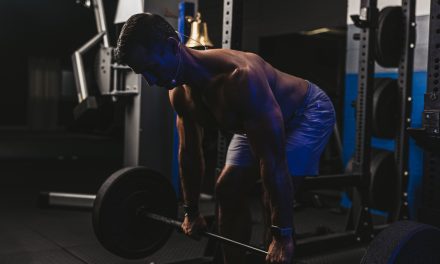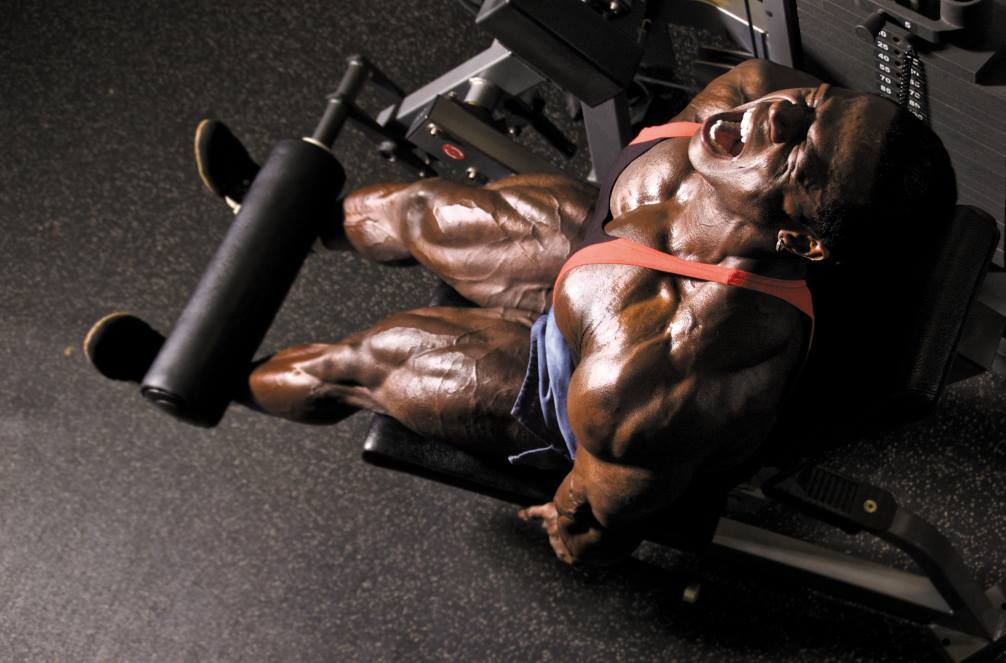We’ve all heard of menopause, right? It’s when a woman goes through the “change of life,” meaning that she’s leaving her reproductive years behind.
It’s a transition period where her body produces less hormones, causing all sorts of physical changes. When going through menopause, most women experience emotional changes as well. Mood swings are common.
As men, we’ve always stood on the sidelines watching our women go through this change, feeling bad for them of course but secretly thinking, “glad it’s not me!” Not so fast, because there’s a growing body of evidence that shows that women aren’t the only ones to go through a change of life as they get older–it seems that men do too, but instead of menopause, it’s called andropause.
In men though, the change is significantly different in that our reproductive systems don’t totally shut down (whew!). What does happen though is that like women, our bodies produce lower levels of hormones–in our case testosterone and dehydroepiandrosterone.
Testosterone is of course the principal male hormone. It’s produced in the testes and is the anabolic steroid that makes us men. It’s also a primary driver in making us strong and building muscle mass. Dehydroepiandrosterone is also a steroid, but this one is produced by the adrenal glands.
This is actually the most abundant steroid in the body, but it’s effects on the body are somewhat different than testosterone. Dehydroepiandrosterone is also synthesized in the brain so it seems to impact neurological functions as well.
Although as men pass through andropause their reproductive systems don’t totally shut down like they do in women, their bodies can go through significant changes that are driven by the drop in testosterone and dehydroepiandrosterone levels.
Studies have found that after about age 30, testosterone levels may decline an average of 2% a year in men. Once the drop in hormone levels reaches a certain point, guys start to feel the symptoms of andropause. The first medical study on male andropause was actually conducted in the mid-1940s and published in the “Journal of the American Medical Association.” Interestingly though, it’s only recently that the U.S. medical community has taken notice of this condition.

The effects of andropause include:
- decrease in lean muscle mass and less strength;
- an increase in overall body fat, particularly around the waist and pectoral areas;
- a decrease in bone mass;
- decreased sex drive and difficulty in achieving and maintaining an erection;
- loss of stamina and drive;
- mood swings, irritability and loss of a feeling of “well-being”;
- and a decline in cognitive skills and/or loss of memory.
These are some, but not all of the symptoms that men often experience as a result of going through “male menopause.”
For most guys, one of the first outward signs of andropause will be an increase in body fat around the middle and in the pectoral area (man boobs). The other outward sign of the decline in hormone production is going to the loss of lean muscle mass and a reduction in strength.
Lower testosterone levels can be directly correlated with decreased synthesis of muscle proteins, which results in less strength and less mass. The third sign of the onset of andropause is reduced sexual functioning and loss of sexual desire. These physical symptoms combined with the emotional ones can make andropause a very difficult time in a man’s life.
All is not lost though and you don’t have to resign yourself to going through “the change” and becoming less of a man than what you want to be. First, there are a number of things you can do right now to significantly reduce the potential impact that andropause might have on your life.
One of the most important things you can do is exercise regularly and make sure that your training routine includes weight lifting. This is actually one of the most important things you can do to stimulate the body’s natural testosterone factories. A lean, muscular, active body produces far more testosterone than a lazy flabby one.
Also, watch your diet, sticking with whole grains, lean proteins and complex carbohydrates. Through in a small handful in nuts every couple days too. Avoid eating processed foods and stay away from sugar, excessive caffeine and don’t go out boozing it up every night.
Be sure to get lots of rest and a good night’s sleep. It’s very important to give your body plenty of time to recover between training sessions. And here’s something else you can do and I know you’ll like this one–have sex, especially in the morning. Having sex stimulates testosterone production but you’ll pump up production even more by having sex in the morning, according to a German study. For some guys, hormone replacement therapy might be the answer. In any case, knowing the facts and being proactive are the best things you can do.
However I wouldn’t recommend that. It’s probably a better idea to try a natural testosterone boosting supplement like Jacked Up by AS Research.
===>> Avoid The Effects of Andropause With Jacked UP – Click Here






